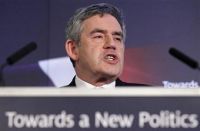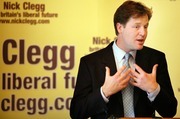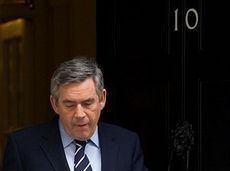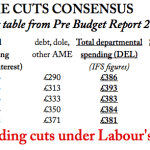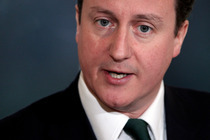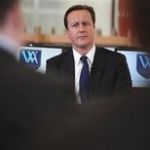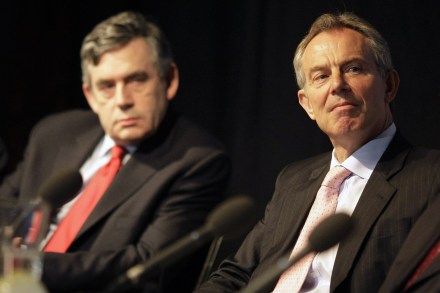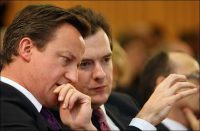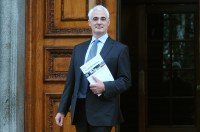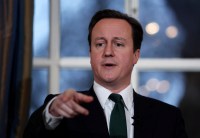If this is a suspension, what is an expulsion?
Sky’s Jon Craig’s asks one of those questions you wished you had posed: wasn’t Elliot Morley suspended already? Yes, he was, on the 14 May 2009 and with immediate effect. However, showing a fine disregard for the manner in which repeat offenders are usually treated, Labour suspended Morley again for good measure. Seeking a clarification about the initial suspension, Craig was told that Morley had been denied the ‘privileges of the PLP’. What might they be? Subsidised beer and sandwiches perchance? The rumour is that Morley was either re-instated on the quiet or had escaped in the first instance, lending more weight to the sense that Labour’s response to the




